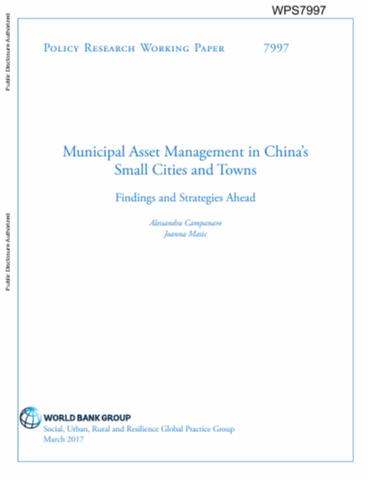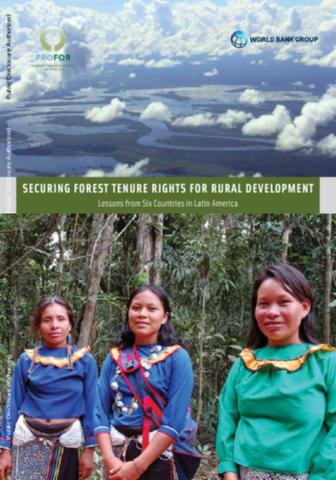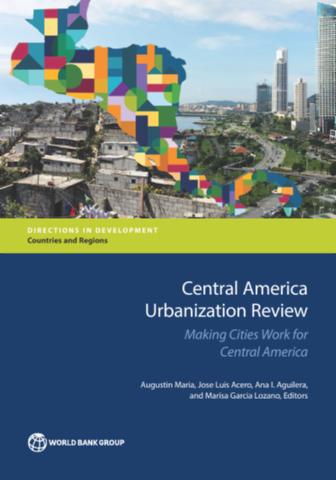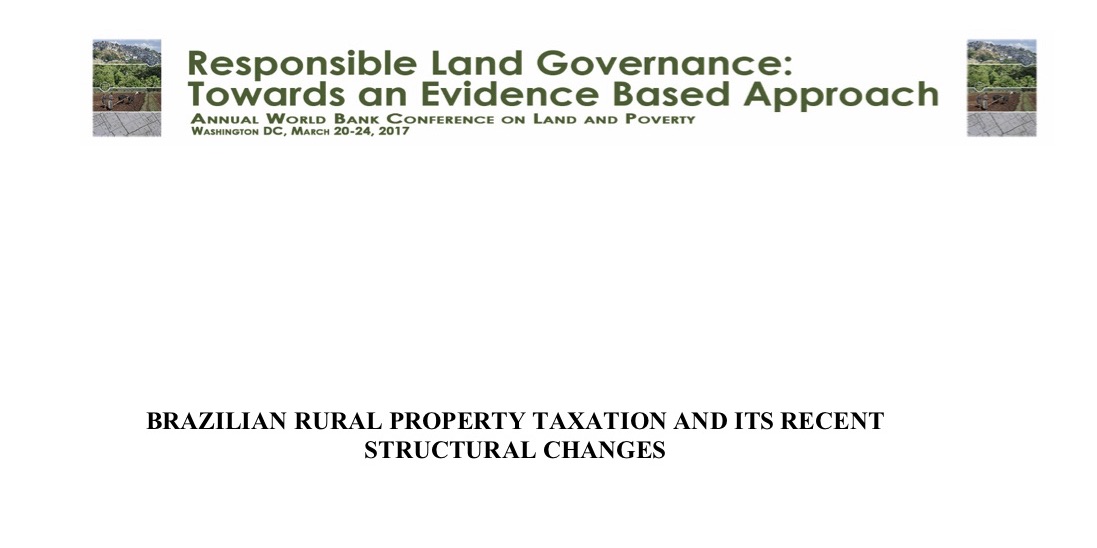The World Bank is a vital source of financial and technical assistance to developing countries around the world. We are not a bank in the ordinary sense but a unique partnership to reduce poverty and support development. The World Bank Group has two ambitious goals: End extreme poverty within a generation and boost shared prosperity.
- To end extreme poverty, the Bank's goal is to decrease the percentage of people living on less than $1.25 a day to no more than 3% by 2030.
- To promote shared prosperity, the goal is to promote income growth of the bottom 40% of the population in each country.
The World Bank Group comprises five institutions managed by their member countries.
The World Bank Group and Land: Working to protect the rights of existing land users and to help secure benefits for smallholder farmers
The World Bank (IBRD and IDA) interacts primarily with governments to increase agricultural productivity, strengthen land tenure policies and improve land governance. More than 90% of the World Bank’s agriculture portfolio focuses on the productivity and access to markets by small holder farmers. Ten percent of our projects focus on the governance of land tenure.
Similarly, investments by the International Finance Corporation (IFC), the World Bank Group’s private sector arm, including those in larger scale enterprises, overwhelmingly support smallholder farmers through improved access to finance, inputs and markets, and as direct suppliers. IFC invests in environmentally and socially sustainable private enterprises in all parts of the value chain (inputs such as irrigation and fertilizers, primary production, processing, transport and storage, traders, and risk management facilities including weather/crop insurance, warehouse financing, etc
For more information, visit the World Bank Group and land and food security (https://www.worldbank.org/en/topic/agriculture/brief/land-and-food-security1
Resources
Displaying 136 - 140 of 4905Municipal Asset Management in China's Small Cities and Towns
Chinese municipalities have developed a large stock of capital assets during a period of rapid growth and urbanization, but have yet to modernize asset management practices. Cities face challenges such as premature decline of fixed assets and spiking liabilities related to operating and maintaining assets. This paper evaluates the asset management practices in three selected small cities and towns in China, using a benchmarking assessment tool followed by an in-depth field assessment.
Securing Forest Tenure Rights for Rural Development :
Secure land tenure in rural landscapes is widely recognized as an essential foundation for achieving a range of economic development goals. However, forest areas in low and middle-income countries face particular challenges in strengthening the security of land and resource tenure. Forest peoples are often among the poorest and most politically marginalized communities in their national contexts, and their tenure systems are often based on customary, collective rights that have insufficient formal legal protection.
Central America Urbanization Review
Central America is undergoing an important transition. Urban populations are increasing at accelerated speeds, bringing pressing challenges for development, as well as opportunities to boost sustained, inclusive and resilient growth. Today, 59 percent of the region’s population lives in urban areas, but it is expected that 7 out of 10 people will live in cities within the next generation.
Combining Administrative and Open Source Data for Monitoring Land Governance
Production, availability and accessibility of reliable data and statistics are of fundamental importance in monitoring and in taking evidence-based decisions for good land governance. The demand for data as evidence is increasingly focused to monitor global and national developmental status and targets. Implementation of intentionally agreed commitments like Sustainable development Goals (SDGs) influence data production and availability, and the development of national statistical capacities (OECD, 2015)1 .










